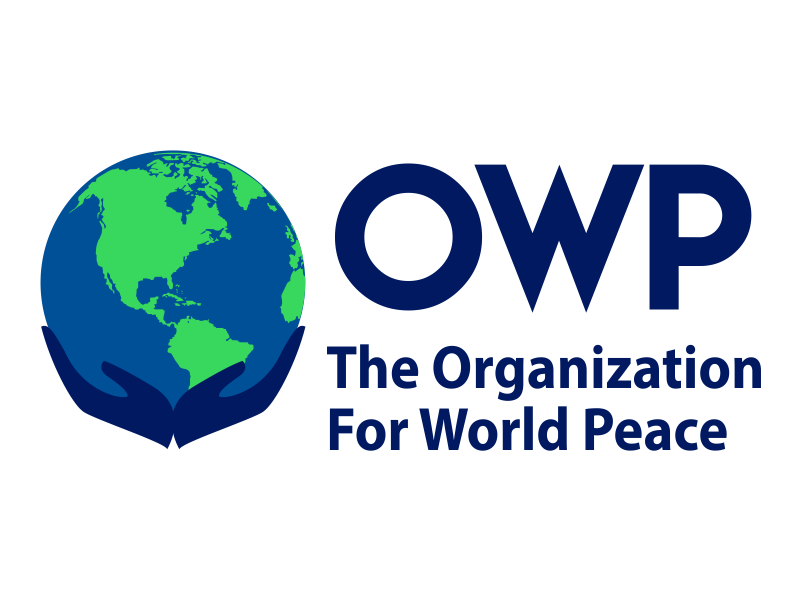On July 1 the divided Supreme Court upheld two Republican-backed Arizona bills that limit how voters may return absentee ballots in the state. The 6-3 Republican backed court decision has curbed the landmark 1965 Voting Rights Act for the second time in less than a decade. The two bills, one prohibiting third party proxies from returning absentee ballots, and the other prohibiting the inclusion of ballots cast in the wrong precinct, were passed amid a nationwide rollback of voter rights laws being proposed under the guise of “protecting the integrity of elections.” With the United States’ history of oppressing disenfranchised groups by stripping them of their right to vote, many critics of this decision claim that it sets a precedent for future discriminatory bills to be passed that could further undermine that right.
The discussion surrounding voter rights and voter restriction bills is reflective of a growing concern about the underlying issues affecting the discriminatory and unjust practices of United States legislatures. Critics of the bill, like Eduardo Sainz, state director of the Arizona-based Latino advocacy group Mi Familia Vota, have emphasized the importance of the methods of ballot casting that the bills prohibit for marginalized groups who have historically been limited in their ability to cast votes in state and federal elections. Sainz said of these voting methods that they “made the difference between participation and [a voter’s] ballot sitting on a shelf and not being counted … It was a connector to democracy.”
Conservative Supreme Court Justice Samuel Allito said in response to these claims that, “The mere fact there is some disparity in impact does not necessarily mean that a system is not equally open or that it does not give everyone an equal opportunity to vote … Mere inconvenience cannot be enough to demonstrate a violation of [the Voting Rights Act].”
However, in response, critics have commented on the methods used to oppress marginalized groups in the past through voter suppression. According to The New York Times Opinion Columnist Charles M. Blow, voter suppression has always been about making casting a vote inconvenient, saying “There has never been anything delicate or elegant about voter suppression … But those doing the suppressing have learned ways to disguise their tactics, to no longer explicitly identify race in the language of legislation. Instead, they use poverty as a proxy for race. They examine culture for patterns, like Black churches’ helping members to the polls on Sundays, and they restrict the conditions that make the patterns possible.”
America’s history with voter suppression is intimately tied to societal oppression. Whether it be through the outright prohibition of voting for certain marginalized groups or poll taxes and literacy tests, the limiting of the right to vote has historically been delineated along race and class lines and disproportionately affects those who are racially or economically disenfranchised. As Blow says, “The right to vote is everything in a democracy. Without influence over power, you are completely vulnerable to that power … [and] since the time Black people gained the right to vote during Reconstruction, racist white people have been trying to strip as many of them of that right as possible.”
The record of the disenfranchisement of marginalized groups in America through voter suppression is projected to continue. In 2013, a similar undermining of the Voting Rights Act was decided on that repealed the requirement that Arizona and other historically discriminatory states obtain Justice Department approval of proposed voting laws before passing them through their state legislature. As a result, the affected states flooded the nation with voter restriction bills, such as the rash of voter ID laws that have become a hot button issue in recent years. ABC News predicts a similar outcome with this recent court decision, saying “The ruling could have a sweeping impact on the fate of state election laws as dozens of GOP-led states push for voting restrictions in the wake of former President Donald Trump’s claims of 2020 election fraud.” The statistics seem to agree with this claim, as according to the Brennan Center for Justice, “lawmakers have introduced at least 389 restrictive bills in 48 states in the 2021 legislative sessions, with at least 61 bills with restrictive provisions currently moving through 18 state legislatures.”
The Supreme Court’s decision to uphold the two discriminatory Arizona bills cannot be viewed in a vacuum as simply “protecting the integrity of elections,” as it was made on the coattails of a long history of systemic discrimination and oppression targeted deliberately at marginalized groups. Voter participation is the cornerstone of a healthy democratic process, so now more than ever it is important to acknowledge the history of exclusion from one of America’s most robust systems of democracy in order to work towards a more promising system of inclusion.
- Vaccine Inequity: More Than An Anti-Vax Movement - December 15, 2021
- A Neo-Nazi March In Madrid: The Rise of Fascism In Spain - September 25, 2021
- Nabisco Strikes: A Case Study In Collective Bargaining - September 19, 2021


